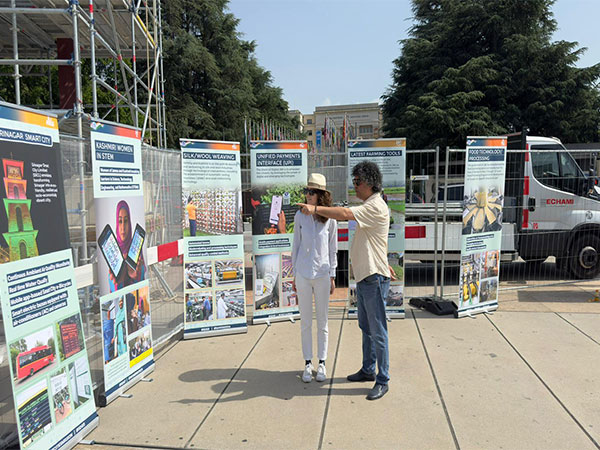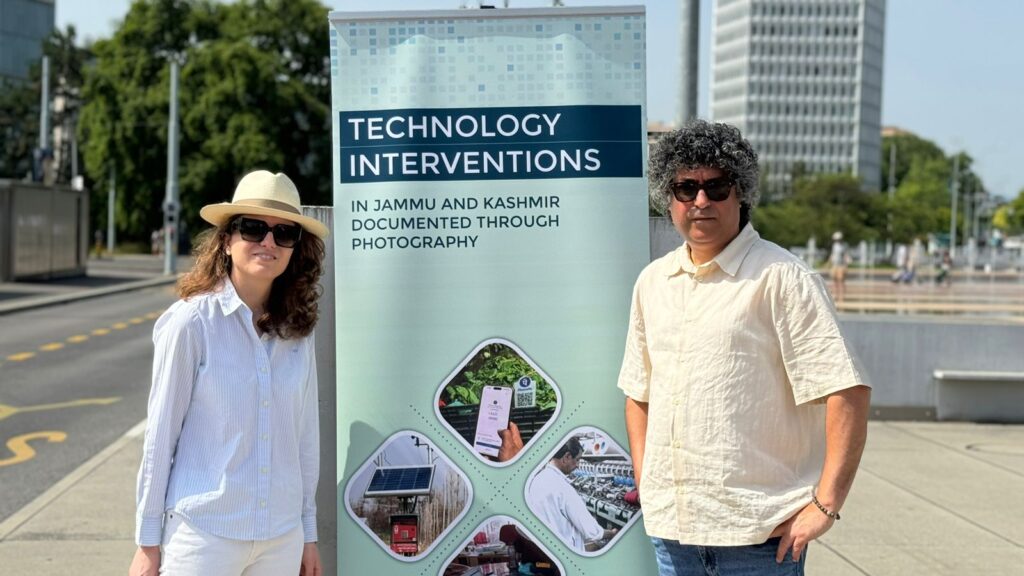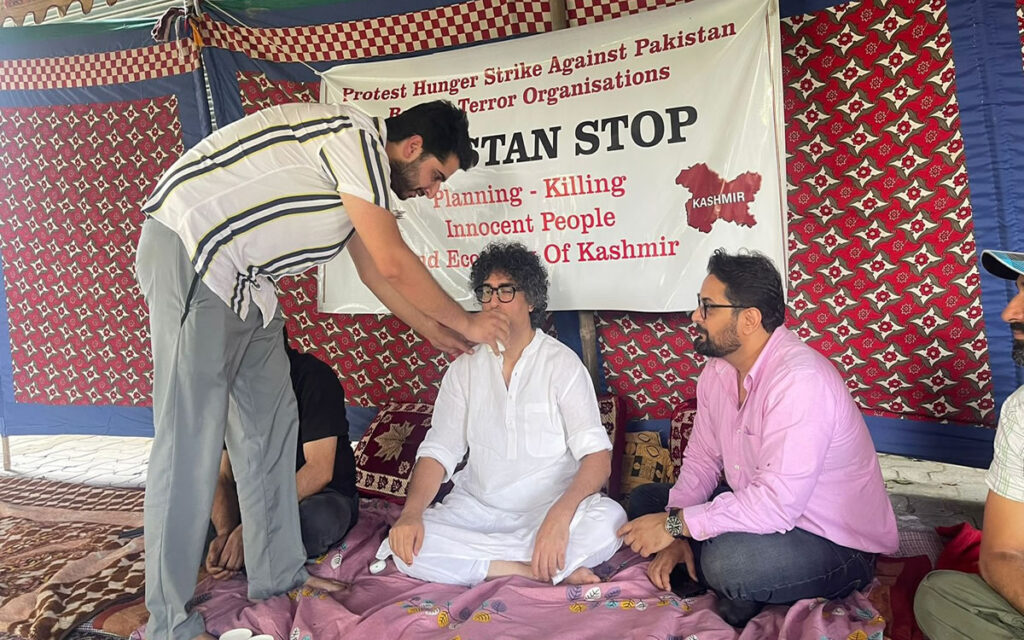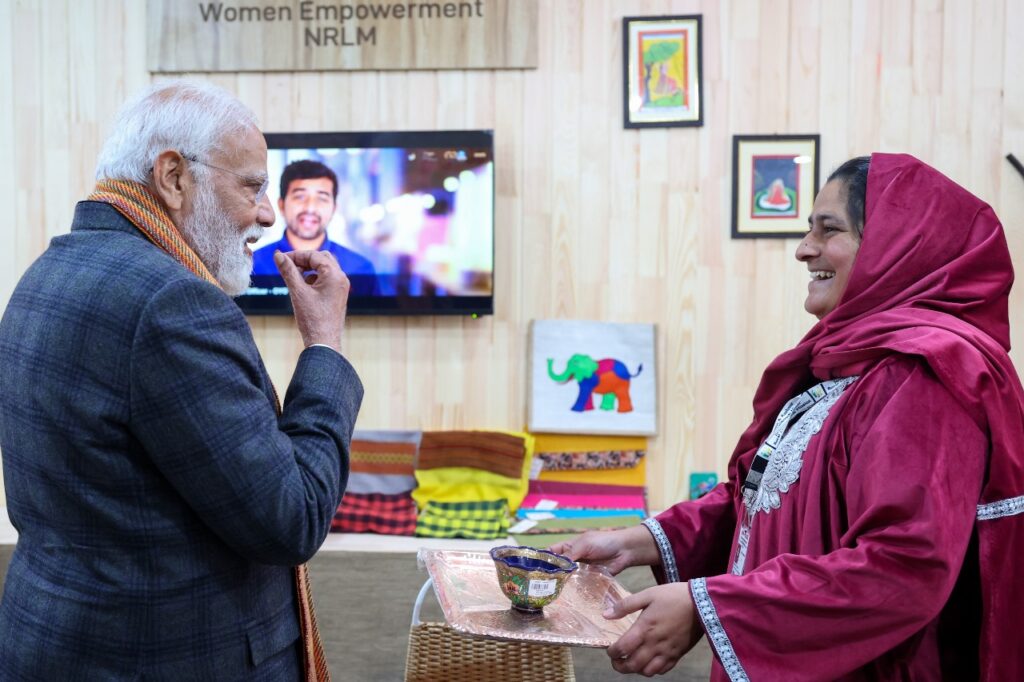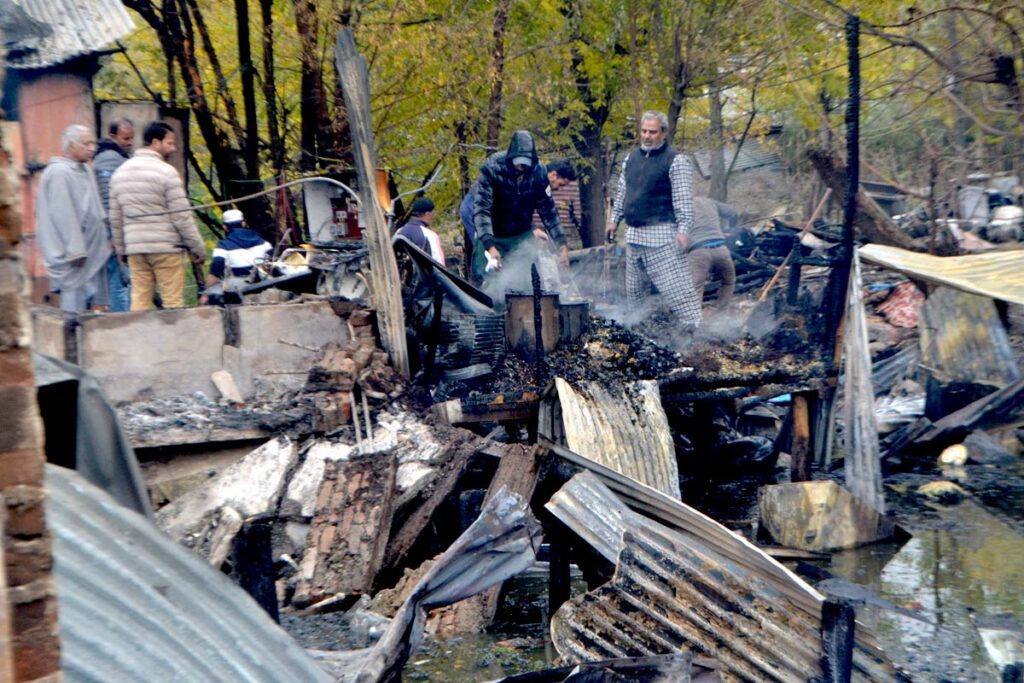Betrayal and Blame
The local leaders must stop indulging in the blame game and instead take a hard look at their own actions
Srinagar recording just 30% voting in the second phase of assembly elections has once again shown that its residents have increasingly lost faith in electoral politics. This disillusionment stems from the perception that mainstream politicians, who have historically represented the region, have betrayed the people for personal gain. The democratic process, meant to empower the populace, has been repeatedly manipulated by those in power, leaving the citizens of Srinagar disenchanted and disillusioned.
From the assembly elections held between 1996 and 2014, a pattern emerged that has deeply scarred the political landscape of Srinagar. Many of the candidates who claimed to represent the people had dubious backgrounds, marred by corruption and nepotism. These politicians, instead of serving the people, exploited their positions for personal benefit, furthering their own agendas while leaving the common people to suffer the consequences of poor governance. Their actions turned democracy against the very citizens it was designed to uplift.
One of the clearest manifestations of this exploitation was the low voter turnout in these elections. Despite boasting of being representatives of the people, these politicians secured only a meagre percentage of votes. Yet, they claimed to be the voice of Srinagar, thriving in an environment of political apathy and boycott politics. Rather than encouraging participation, they capitalised on the lack of voter engagement to maintain their hold on power. They manipulated the system, knowing full well that the fewer people voted, the easier it was for them to secure victory.
The political landscape of Srinagar was for long characterised by voter boycotts. In part, this was driven by disillusionment with the electoral process itself.
Electorate had developed a feeling that their votes do not count, that the system is rigged, and that those in power are more interested in personal gain than in serving their constituents.
This disillusionment has been exacerbated by the fact that many of these politicians come from privileged backgrounds, disconnected from the everyday struggles of the people they claim to represent.
For years, the mainstream politicians thrived on election boycott calls. Rather than addressing the concerns of the electorate, they took advantage of the low turnout to consolidate their own positions. This created a vicious cycle, where the fewer people voted, the more entrenched these politicians became, and the more disenfranchised the people felt.
Instead of introspection, the politicians have resorted to a blame game, diverting attention from their own failures.
As the political landscape in Kashmir shifted with the rise of the Bharatiya Janata Party (BJP) at the Center, Srinagar’s mainstream politicians found a convenient scapegoat. The low voter turnout in recent elections, hovering around 30%, has now been blamed on the central government. These politicians argue that the BJP’s policies have alienated the people of Srinagar, discouraging them from participating in the democratic process. This argument conveniently ignores the role that local politicians have played in eroding faith in electoral politics. By focusing on the Central Government’s policies, these politicians are avoiding taking responsibility for the decades of mismanagement and corruption that occurred under their watch. The blame game, while politically expedient, does little to address the root causes of voter apathy and disillusionment in Srinagar.
Rather than introspecting on their role in creating this crisis, the political class has instead chosen to blame others. This lack of self-reflection only deepens the divide between the people and their representatives, reinforcing the perception that these politicians are more interested in securing their own positions than in genuinely addressing the concerns of the electorate.
At the heart of this crisis is the erosion of democratic institutions in Srinagar. For too long, politicians have used these institutions as tools for personal gain, rather than as mechanisms for public service. The result has been a system that is deeply flawed, where the will of the people is often ignored or undermined.
The politicians who once held power in Srinagar must confront the fact that they played a direct role in weakening these institutions. By prioritizing their own interests over those of the people, they compromised the integrity of the democratic process. This not only disillusioned voters but also damaged the credibility of the very institutions that are supposed to protect and uphold democratic values.
Now, as these same politicians find themselves out of power, they must reckon with the consequences of their actions. The people of Srinagar have lost faith not just in individual politicians but also on their parties.
Rebuilding this trust will require more than lip service; it will require a deep and honest reckoning with the past.
The local leaders must stop indulging in the blame game and instead take a hard look at their own actions. They must ask themselves how they allowed democracy to be undermined during their time in power. They should understand that people are no more interested in their theatrics and have exercised their franchise for a change.
Article Source: Betrayal and Blame – Greater Kashmir
Betrayal and Blame Read More »


